Keywords: Indigenous Rights
-
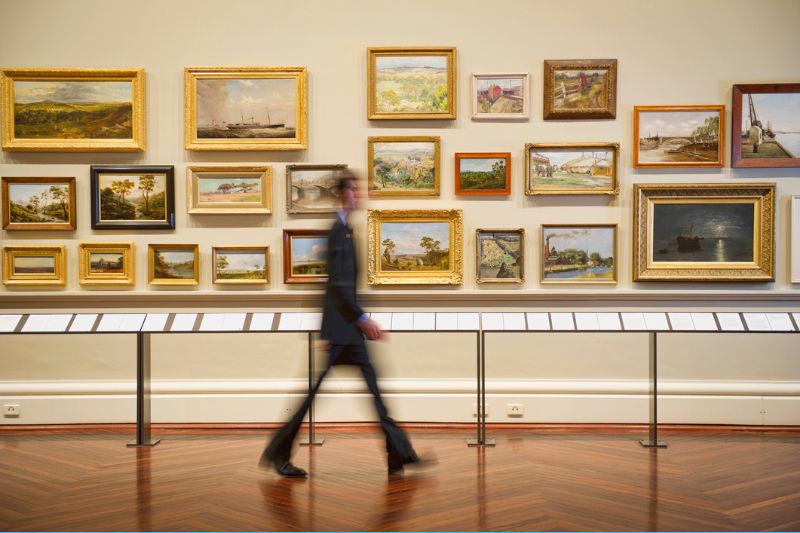
AUSTRALIA
- Andrew Hamilton
- 23 January 2025
Australia's national day remains a divisive symbol, rooted in colonial history. As the country grapples with issues of war, inequality, and climate change, the call for a more inclusive, meaningful celebration grows. How can a national day honour both the complexity of our history and the dignity of all Australians?
READ MORE
-
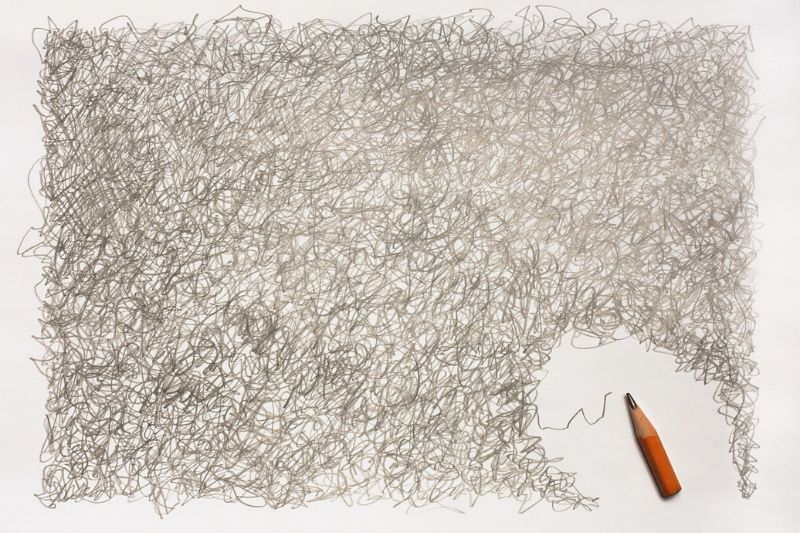
AUSTRALIA
- David Halliday, Michael McVeigh, Laura Kings, Michele Frankeni, Andrew Hamilton, Julian Butler
- 18 December 2024
To close the year for Eureka Street, the editorial team are taking a step back to reflect on the character of 2024. What did it demand of us? What did it teach us about ourselves, and the world we inhabit?
READ MORE
-

AUSTRALIA
- Kevin Bell
- 29 November 2024
2 Comments
With unaffordable housing pushing families into impossible choices, homelessness affecting 120,000 people, and systemic inequities deepening, we must ask: What kind of society do we want to build — and for whom?
READ MORE 
-

AUSTRALIA
- Andrew Hamilton
- 25 November 2024
4 Comments
Social Inclusion Week invites reflection on our shared humanity amidst deep divides. From childhood cliques to culture wars, the tension between inclusion and exclusion is a paradox rooted in belonging. Can we overcome fear and forge connections across difference, or will anxiety keep us apart? The answer shapes our society’s future.
READ MORE
-
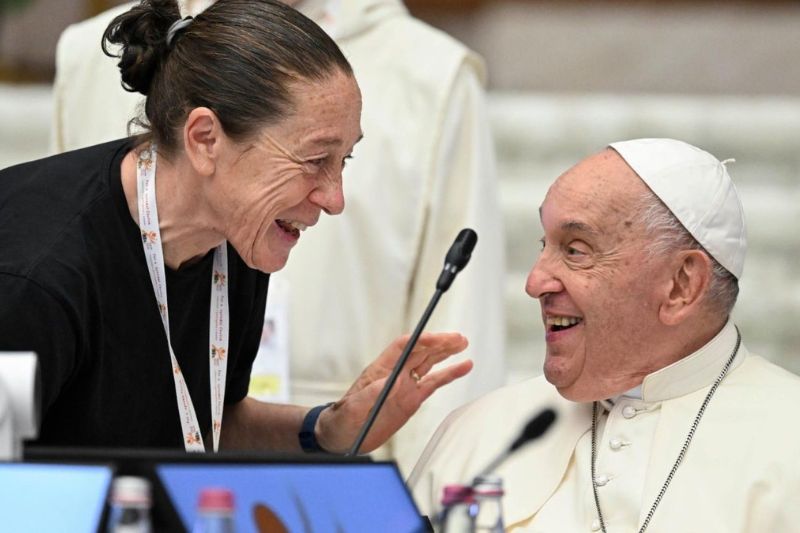
RELIGION
- Bruce Duncan
- 14 November 2024
14 Comments
The Synod is possibly the most important event in the Catholic Church since the Second Vatican Council. And despite its focus on internal Church reform and participation, can it effectively address broader social and moral issues in the world while still promoting a more inclusive and accountable Church?
READ MORE
-
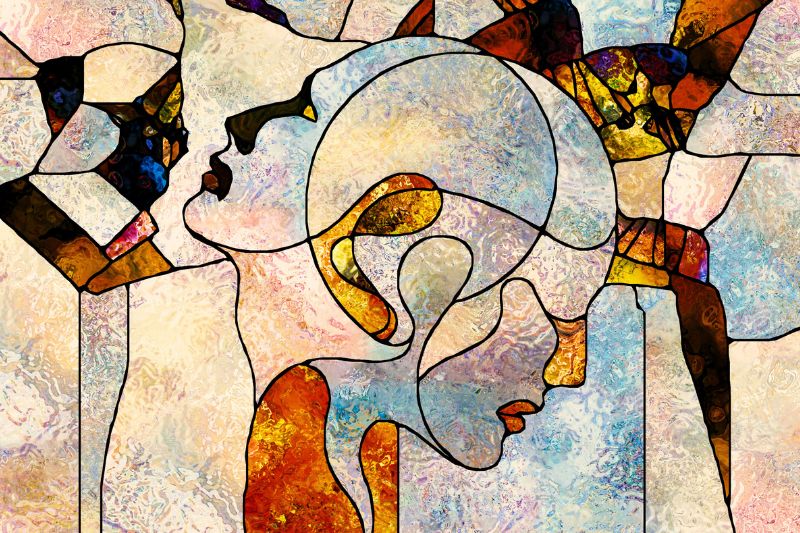
RELIGION
- John Warhurst
- 07 November 2024
14 Comments
The Catholic Church recently displayed two strikingly different faces. In Rome, the Synod on Synodality wrapped up with a facade of unity. But back in Melbourne, a Catholic University’s graduation became a battleground over church doctrine and free speech, exposing deep, unresolved fractures within the church.
READ MORE
-

AUSTRALIA
- Frank Brennan
- 25 September 2024
3 Comments
The Government is making another valiant effort to rein in the adverse effects of ungoverned digital platforms. But in debating such a detailed bill without the backstop of a constitutional or statutory bill of rights recognising the right to freedom of expression, there are no clear guard rails for getting the balance right.
READ MORE
-
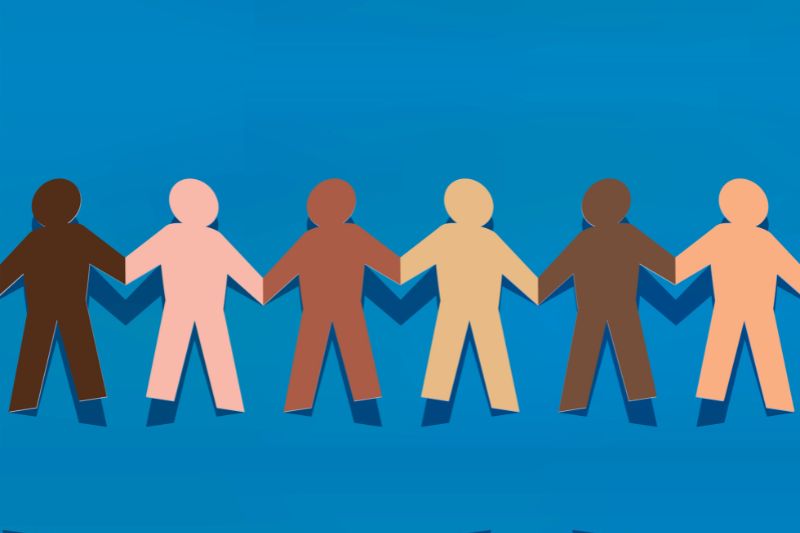
AUSTRALIA
- Joseph Camilleri
- 28 August 2024
3 Comments
As Australia faces numerous moral crises from domestic inequality to global militarization, a proposed national charter of principles could to reshape our society and redefine our global role. This declaration would acknowledge Indigenous dispossession, prioritize human rights, and shift focus from military alliances to human security.
READ MORE
-
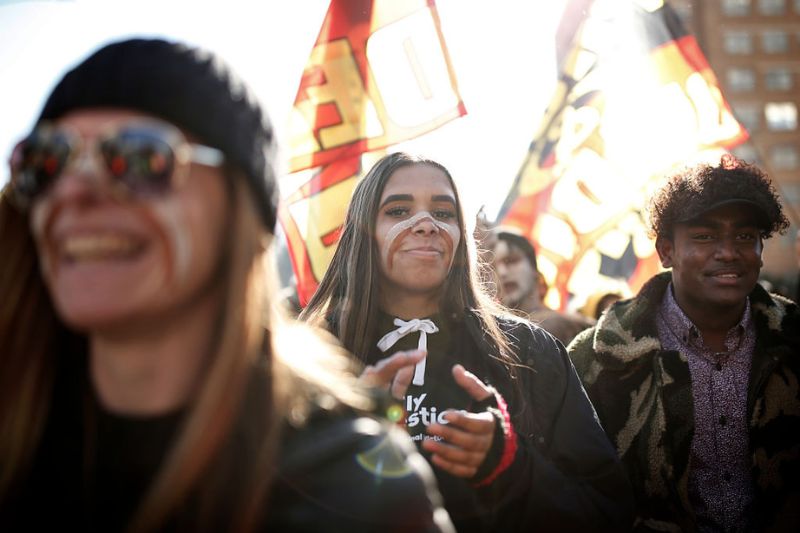
AUSTRALIA
- Andrew Hamilton
- 08 July 2024
1 Comment
A failed referendum leaves many Indigenous Australians feeling unheard, but hope remains. This year's NAIDOC Week takes on even greater significance. This celebration, born from a desire for recognition, is a time to reflect on how to build a more just Australia.
READ MORE
-
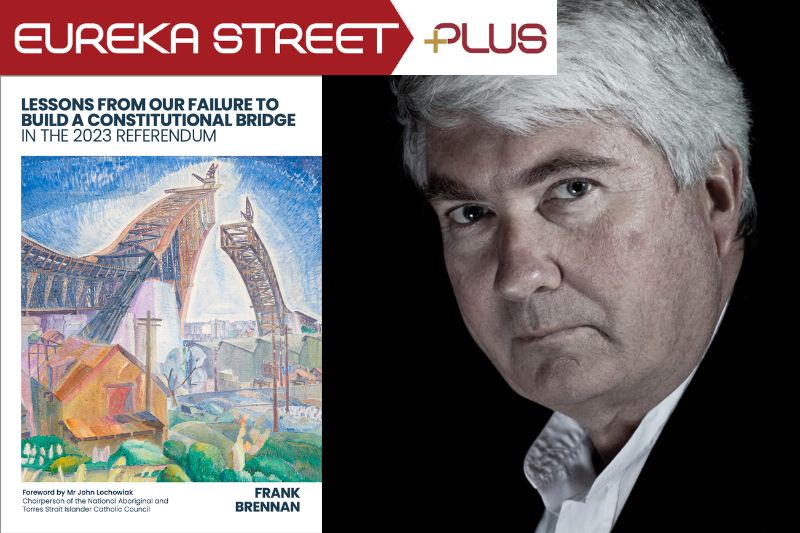
AUSTRALIA
- David Halliday
- 28 June 2024
13 Comments
It's been eight months since the Voice referendum, and people are starting to grapple with what its defeat means for Australia. There are few voices in Australia as qualified to conduct a postmortem of the outcome of the Voice referendum campaign as Frank Brennan. We examine what lessons can be learned and crucually, whether there’s reason for hope for Indigenous constitutional recognition.
READ MORE
-
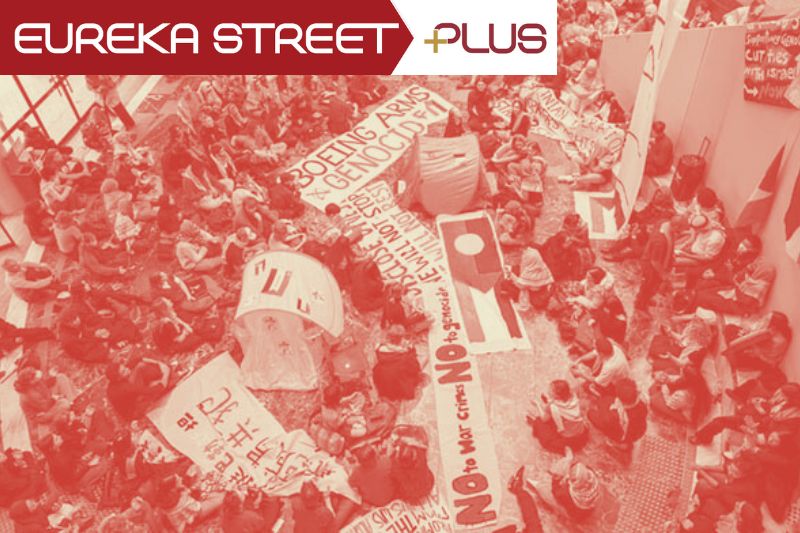
AUSTRALIA
In response to campus protests, universities erred on the side of free speech when every other day, the prevailing ethos is one of ‘safetyism’, namely suppressing speech or inquiry if an identity group frames it as ‘harmful’ to them. Universities should strive to be uncomfortable and ‘unsafe’ for all, with no identity immune from robust scrutiny.
READ MORE 
-
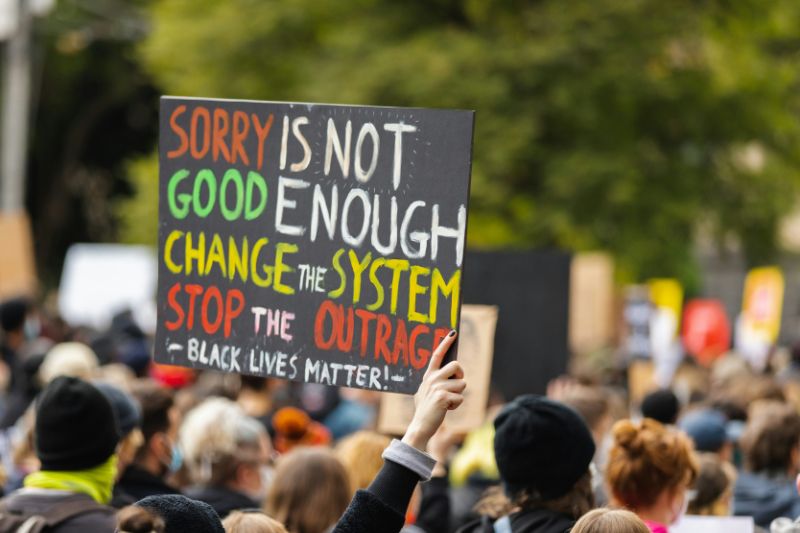
AUSTRALIA
- Andrew Hamilton
- 30 May 2024
4 Comments
This Reconciliation Week and Sorry Day, we consider the defeat of the Referendum and the substantial failure to close the gap between the living conditions of Indigenous Australians and other Australians. It means that for many Aboriginal and Torres Strait Islanders, this week will be less about days of celebration than of grief and of grim resolve to continue to seek justice.
READ MORE